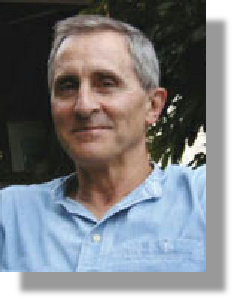


Telling a Hawk from a Handsaw Carcanet (Oxford Poets)
(Publ in Ambit 196, Spring 2009)
This diverse collection from one of Australia’s outstanding poets brims with inventiveness
of form, phrasing and image. Its title recalls Hamlet’s warning to treacherous friends
that he is not duped by appearances. Significantly, many poems shimmer with apparently
off-
‘Reading Smoke with Orpheus (after Poussin)’ typifies his combining reference and implication with a light touch. Poussin’s Landscape with Orpheus and Eurydice is looked at to suggest how the refinements and stasis of art satisfy our need for order though we pay for its fragility and detachment.
Orpheus lolled in his deckchair, strumming the lute.
His wife screamed, but music does not hear
the sound of lesser sounds
and so the venom struck,
the bud was plucked
before her flower so much as came to flower.
Distant towers are on fire but the landscape remains orderly and tranquil. Thinking of Orpheus’ terrible fate the poem concludes:
art for a while, after all,
keeps fingernails of maenads well away
and a head on your shoulders.
How still the waters,
unshaken those neoclassical trees.
Later on these contradictions are echoed in ‘Oh Yes, Then’, a disarmingly matter-
where will you be, the flamingly
joyous hearth of my heart?
I can’t get the answer, no matter how
I tune up the shawms of art.
Discursive poems about formative experiences are entertaining, but the book’s electricity
derives from its reined-
Chris Wallace-